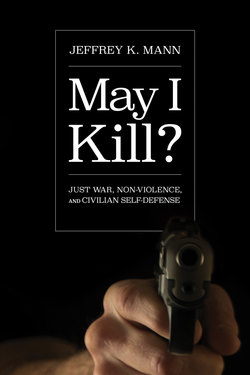Описание книги
Today, we live in a world where we are less exposed to violence than at any other time in history. However, we also know that violence can come knocking on our door at any moment. Preparing for this possibility means more than physical safety; it means being clear with ourselves about the ethics of violence. Can violence be justified? When should we fight? How should we fight? And in situations when things have gone badly, may we kill?
These questions are not only for politicians, soldiers, and police officers, but are also important considerations for civilians whose lives do not normally intersect with violence. Whether advocating for government policies, marching in the streets, or defending ourselves and loved ones, a coherent moral framework is essential to good decision-making.
May I Kill? examines the efficacy of different approaches to non-violence and Just War Theory. By scrutinizing these ethical theories, the reader is encouraged to critically examine occasions for the use of force from a moral perspective, whether nations at war or violent encounters in our own neighborhoods. We may then determine how best to develop ourselves–body, mind, and spirit–to respond effectively and make the world a safer place.
These questions are not only for politicians, soldiers, and police officers, but are also important considerations for civilians whose lives do not normally intersect with violence. Whether advocating for government policies, marching in the streets, or defending ourselves and loved ones, a coherent moral framework is essential to good decision-making.
May I Kill? examines the efficacy of different approaches to non-violence and Just War Theory. By scrutinizing these ethical theories, the reader is encouraged to critically examine occasions for the use of force from a moral perspective, whether nations at war or violent encounters in our own neighborhoods. We may then determine how best to develop ourselves–body, mind, and spirit–to respond effectively and make the world a safer place.
